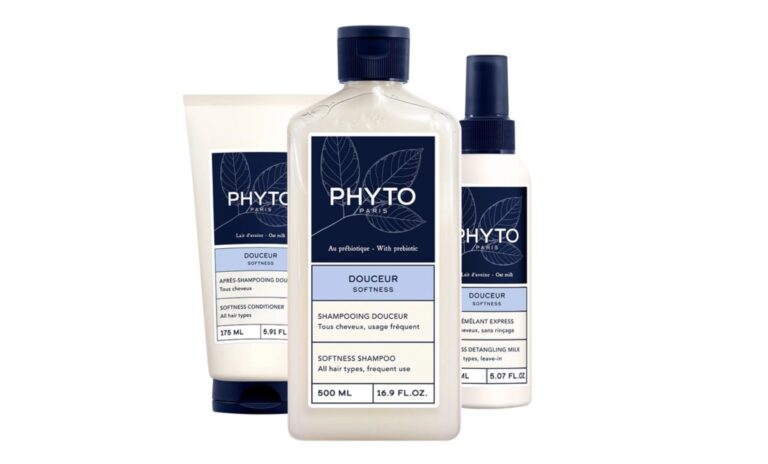Phyto was founded by celebrity hairstylist Patrick Allès in 1965. In July 2020, parent company Allès Group, which also owns skincare brand Lierac, filed for bankruptcy.
In September of that year, French investment holding company Impala acquired Ares Group for a reported €13.5 million.
Since then, the company has been streamlining its operations and preparing to reintroduce its historic brands to the market.
“At Phyto, we have adopted a less-is-more approach across our business. For example, we have reduced the number of SKUs from 120 to 70,” says Cecile Ossola, Phyto’s general manager for Asia.
The brand unveiled its revamped range at The Guardian’s Beauty Around the World event in Singapore on September 4.
“We currently stock four to five different products per claim, so customers can get just what they need for their hair care without having to worry about too many products,” Ossola said.
Some of the brand’s most well-known products remain in the portfolio, including hair supplements and ammonia-free hair dye.
Additionally, the brand has simplified the formula with two key extracts: rosemary and white mallow.
The renewed product contains one of two extracts, rosemary and white mallow, depending on the function.
“Earlier, there were many different decoctions. They were very complicated to work with, so now there are only two. Every product contains one of them. Rosemary is for scalp products such as anti-dandruff and sebum control, and white mallow is for hair shine,” Ossola explained.
This streamlined approach is also reflected in the brand’s new packaging, which features simplified labelling identifying hair type, function and key ingredients.
The bottle has also been redesigned to be more environmentally friendly, using recyclable plastic and eliminating pumps that can complicate recycling.
“Our ‘less is more’ approach operates on many levels, from the environment to the formulation, but we aim to deliver superior results without compromise,” Ossola said.
Finally, the brand ensures that there are no major price differences between different markets.
“Now that we have the internet, we can’t charge prices that are much higher than in France. We want to offer our customers affordable prices, close to the prices in France,” Ossola said.
A tougher situation
The brand is currently in the midst of a global relaunch after undergoing various reforms and restructuring.
While Europe remains the brand’s core market, the company also sees the Asia-Pacific region as an important market with great potential.
“We are also re-developing Asia and the US because previously these were good markets for Phytobrand, but now the market is much more competitive and we have lost a bit of momentum,” Ossola said.
“We’re coming back into a more competitive environment, but the brand still has a long history and great tradition. When you buy this brand, you’re getting value for your money, you’re getting something safe and efficient. The product speaks for itself.”

